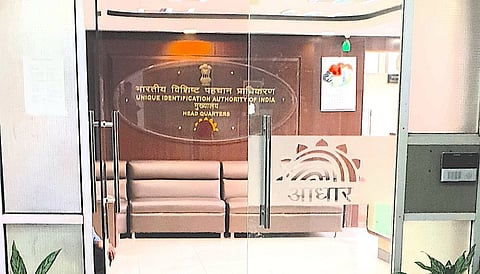
- Latest Legal News
- News
- Dealstreet
- Viewpoint
- Columns
- Interviews
- Law School
- Legal Jobs
- हिंदी
- ಕನ್ನಡ

The Supreme Court last year upheld the validity of the Aadhaar Act, while striking down some potentially problematic provisions. However, some issues related to the Act – particularly those regarding data privacy – were left unaddressed.